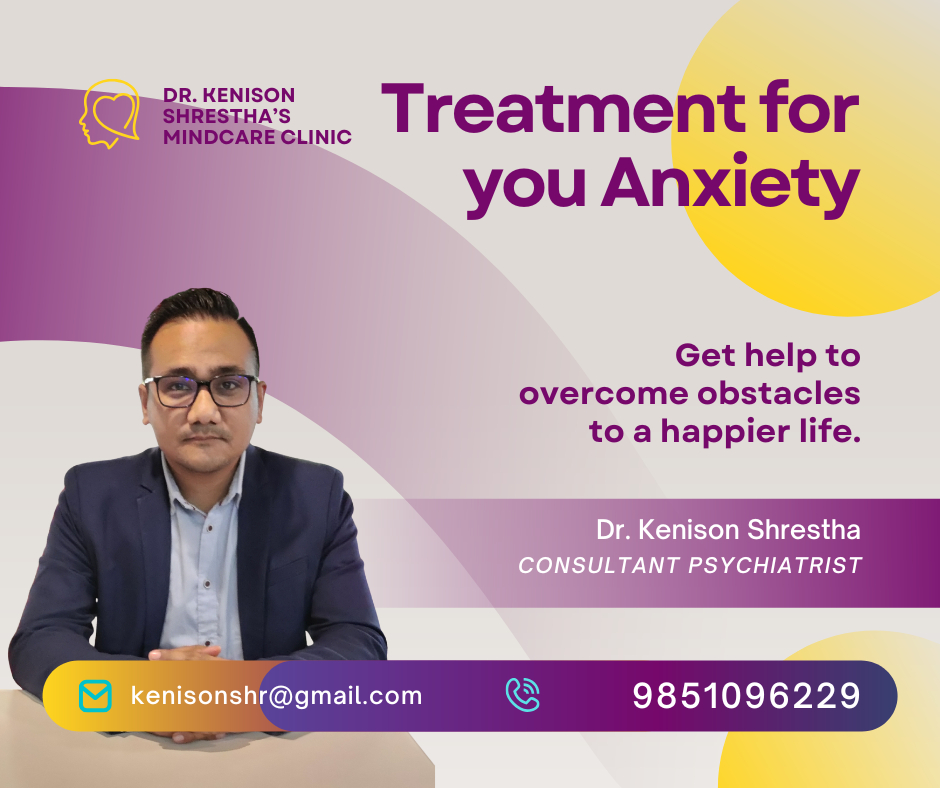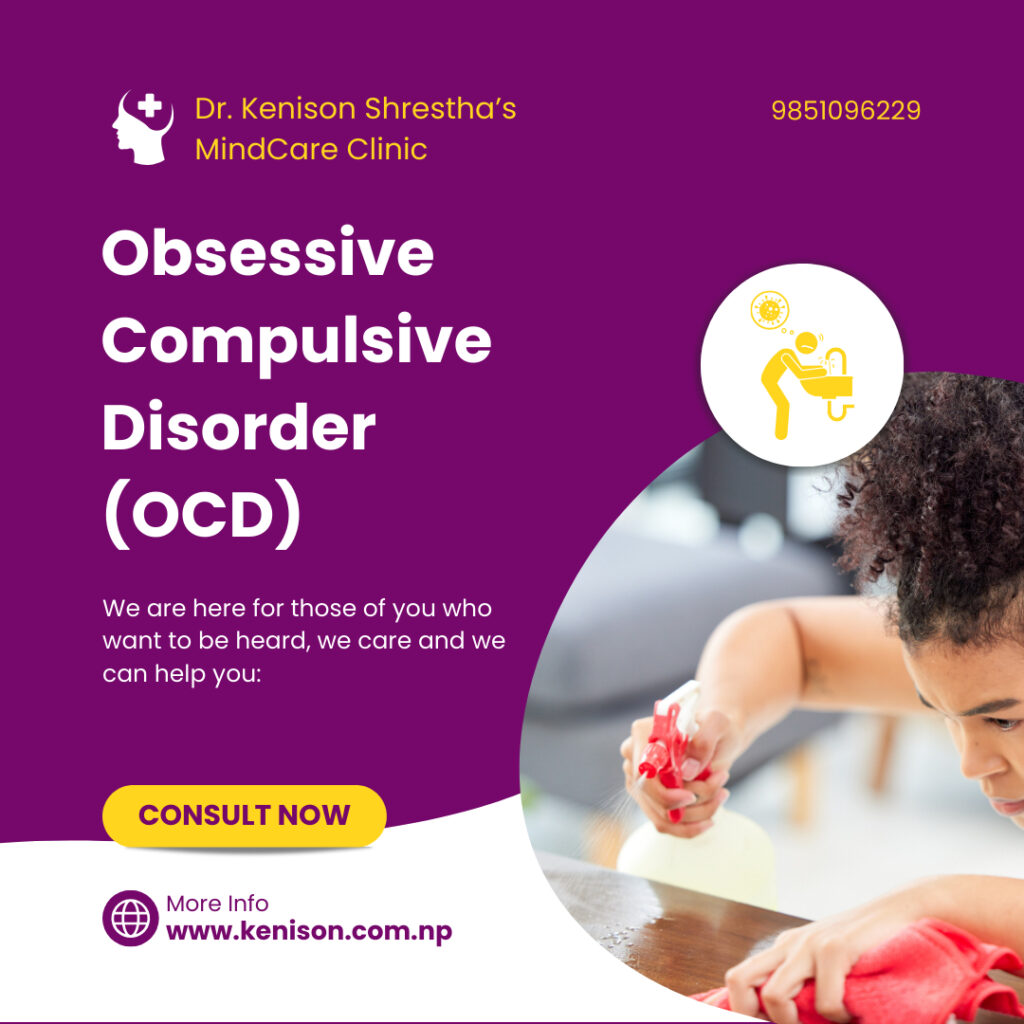Help for Mental Health: Your Right Partner for Your Mental Health Journey.
We often neglect mental health in favor of daily responsibilities, professional obligations, and personal ambitions in today’s fast-paced world. You can, however, make a significant difference to your overall well-being by knowing when to seek mental health help and why. This blog will help you in answering your critical questions, insights, and guidance to help you make informed decisions about your Mental Health journey.
How to know if You’re in Need of Mental Health Help?
The truth is, there’s no single “right” time to seek help for mental health. However, some clear signs indicate it might be the best course of action for your well-being.
Most of the mental health signs are looked over as temporary stress or mood swings. However, understanding and acting on these signs early can prevent more severe issues down the line.
Here are some signs that it might be time to seek help:
Persistent sadness and hopelessness: If you find yourself feeling sad, hopeless, or empty for weeks or months, this could be a sign of depression. It’s not just having a bad day; it’s about a prolonged state that impacts your daily life.
Changes in sleep or appetite: If you are suddenly struggling to fall asleep or stay awake (whether you’re sleeping too much or too little); or maybe you’ve noticed a drastic change in your eating habits, either a lack of appetite or uncontrollable cravings; these changes can be indicators of underlying mental health concerns.
Overwhelming Anxiety: Yes, everyone indeed experiences anxiety occasionally, but chronic anxiety that interferes with your ability to function or enjoy life is a red flag. This can include constant worry, panic attacks, or irrational fears that you can’t shake off.
Difficulty concentrating or making decisions: Feeling overwhelmed can be a normal stress response. However, if it becomes chronic, impacting your work or personal life, then it might be a concern.
Increased irritability, anger, or aggression: We all get irritated and frustrated sometimes. But if you notice yourself being easily angered; annoyed at loved ones over minor things, or even experiencing violent urges, it’s crucial to seek professional help before these symptoms get out of control.
Withdrawal from social activities: If you start avoiding friends, family, or activities you used to enjoy, it might be a sign of depression or anxiety. Isolation from social situations can exacerbate mental health problems.
Substance abuse: Using alcohol, drugs, or other substances to cope with your feelings is a clear sign that you need help. Using substances can mask mental health issues and lead to additional complications.
Difficulty Managing Stress: Everyone deals with stress, but if you find yourself unable to cope with daily pressures, it might be time to seek professional help. Chronic stress can lead to burnout and other mental health disorders.
Unexplained physical symptoms: Yes, it’s confusing. Sometimes, mental health issues manifest physically. Persistent headaches, abdominal pain, or other unexplained physical symptoms can be linked to mental health problems.
The Importance of Seeking Help: Why Seeking Help is a Strength, Not a Weakness
Understanding the importance of seeking help for mental health is as crucial as recognizing the signs. Our society often stigmatizes mental health struggles. There’s a misconception that seeking help is a sign of weakness. But it’s quite the opposite.
Just like you wouldn’t hesitate to see a doctor for physical issues, there is no issue in seeing a doctor dealing with mental health issues. A psychiatrist can provide you with a safe place to discuss your struggles, develop healthy coping mechanisms, and, if necessary, prescribe medication to manage your symptoms.
Taking your First Step: Here are some reasons why seeking help is vital:
Early intervention and prevention: Mental health, if left unaddressed, it can escalate quickly. Early intervention can prevent more severe problems, such as major depression, severe anxiety disorders, or suicidal thoughts.
Improving Quality of Life: Mental health significantly impacts your quality of life. Seeking help can improve your performance, relationship, and overall quality of life. It allows you to enjoy your life to the fullest and contribute your valuable skills and quality for overall well-being.
Building Coping Strategies: Taking help for mental health helps you equip in coping strategies and manage your stress and other mental health issues.
Reducing Stigma: Seeking help for mental health issues helps reduce the stigma associated with mental illness. It also encourages others to do the same and build a more supportive and understanding community.
Preventing physical health problems: Mental health issues can also lead to physical health problems. Addressing our mental health, we can improve our physical health and reduce the risk of chronic conditions such as heart disease and high blood pressure.
Take charge of your Mental Health Today
Your mental health is just as important as your physical health. If you or someone you know is experiencing any of these signs mentioned above, please don’t hesitate to seek help.
Consulting a psychiatrist or mental health professional can support you and help toward healing.
Don’t wait until things become overwhelming. Take the first charge or step towards healing and schedule an appointment today. You deserve to feel happy, healthy, and in control of your life.




















